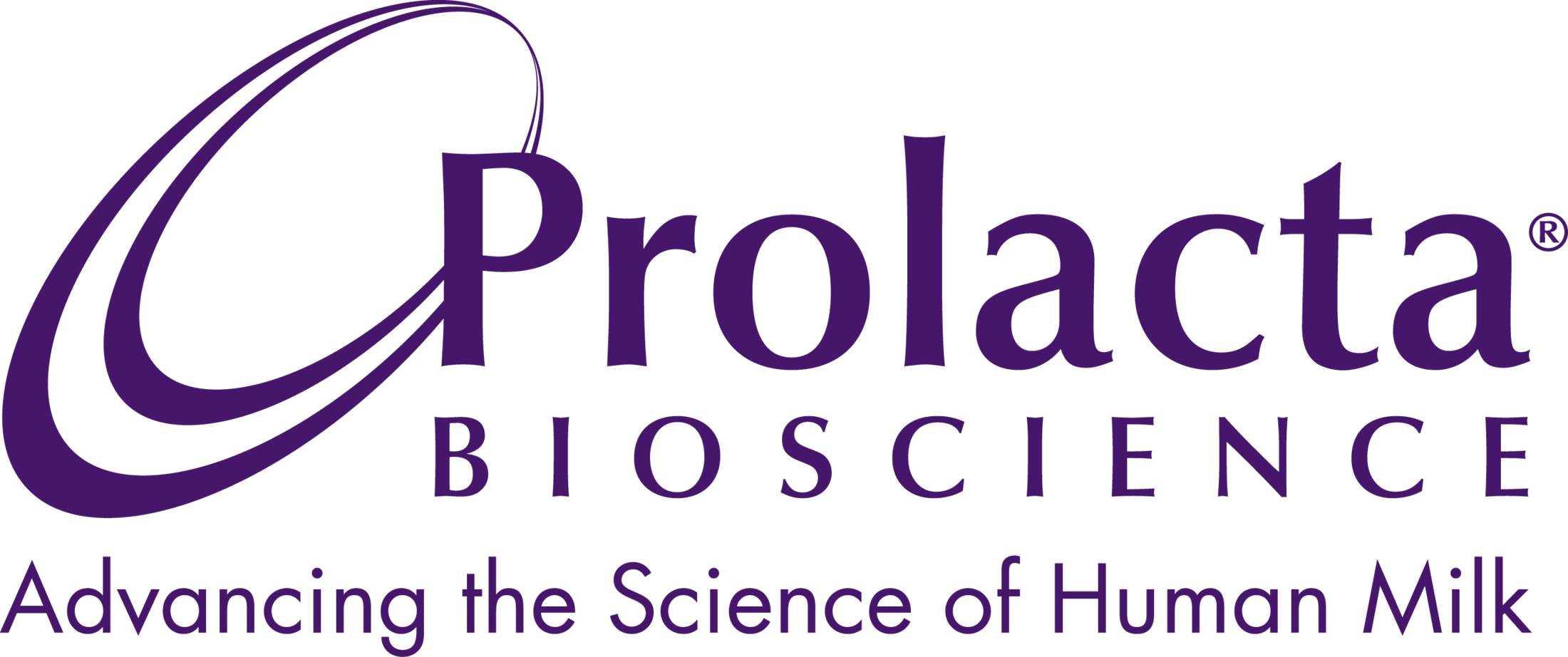Pregnancy Complications
Infant- and Family-Centered Developmental Care
Respiratory Infections
Neonatal Eye Health
Hygiene
Rare Diseases
Across Europe and worldwide, leading causes of neonatal death include preterm birth, low birth weight, asphyxia, congenital abnormalities, infections, and birth trauma. This project highlights the critical need for specialized care—particularly nutritional support—for preterm, sick, and low birthweight infants, who represent one of the most vulnerable patient groups.
A mother’s own milk is the preferred and most beneficial source of nutrition for newborns, providing essential nutrients to support optimal growth, development, and health. When this is not available, donor human milk is the recommended alternative, especially for preterm and medically fragile infants. If neither is accessible, a specially formulated infant formula is used as a last resort.
Together with leading international experts in the field of human milk and neonatal care, GFCNI (formerly EFCNI) has long advocated for the need to regulate human milk donation and use within the European Union.
A significant milestone was reached when the Regulation on Substances of Human Origin (SoHO) was officially adopted by EU Institutions on May 27, 2024. The regulation is set to take effect in mid-2027.
For the first time, human milk and its donation are formally included under EU law. This groundbreaking regulation is designed to protect donors and recipients and to ensure safe, high-quality care for preterm, sick, and low birthweight infants across the EU. It promotes the use of human milk as a scientifically proven and internationally recommended nutritional standard for these high-risk infants.
By including human milk in this legal framework, the EU not only enhances safety and equity in neonatal nutrition but also fosters a stronger foundation for healthcare innovation and international cooperation.
All content in the project was independently developed by EFCNI (now GFCNI) and reviewed by external experts for medical accuracy. The project is powered by GFCNI.
The policy recommendations were developed independently by the GFCNI Working Group on Human Milk Regulation. We extend our heartfelt thanks to the 46 professional healthcare societies and 32 parent organizations who supported and endorsed these recommendations.
GFCNI (formerly EFCNI) extends its sincere thanks to the cooperation partners for their long-standing support of the project.

GFCNI (formerly EFCNI) received an educational grant from Prolacta Bioscience to support this project.
© 2026 GFCNI. All Rights Reserved.